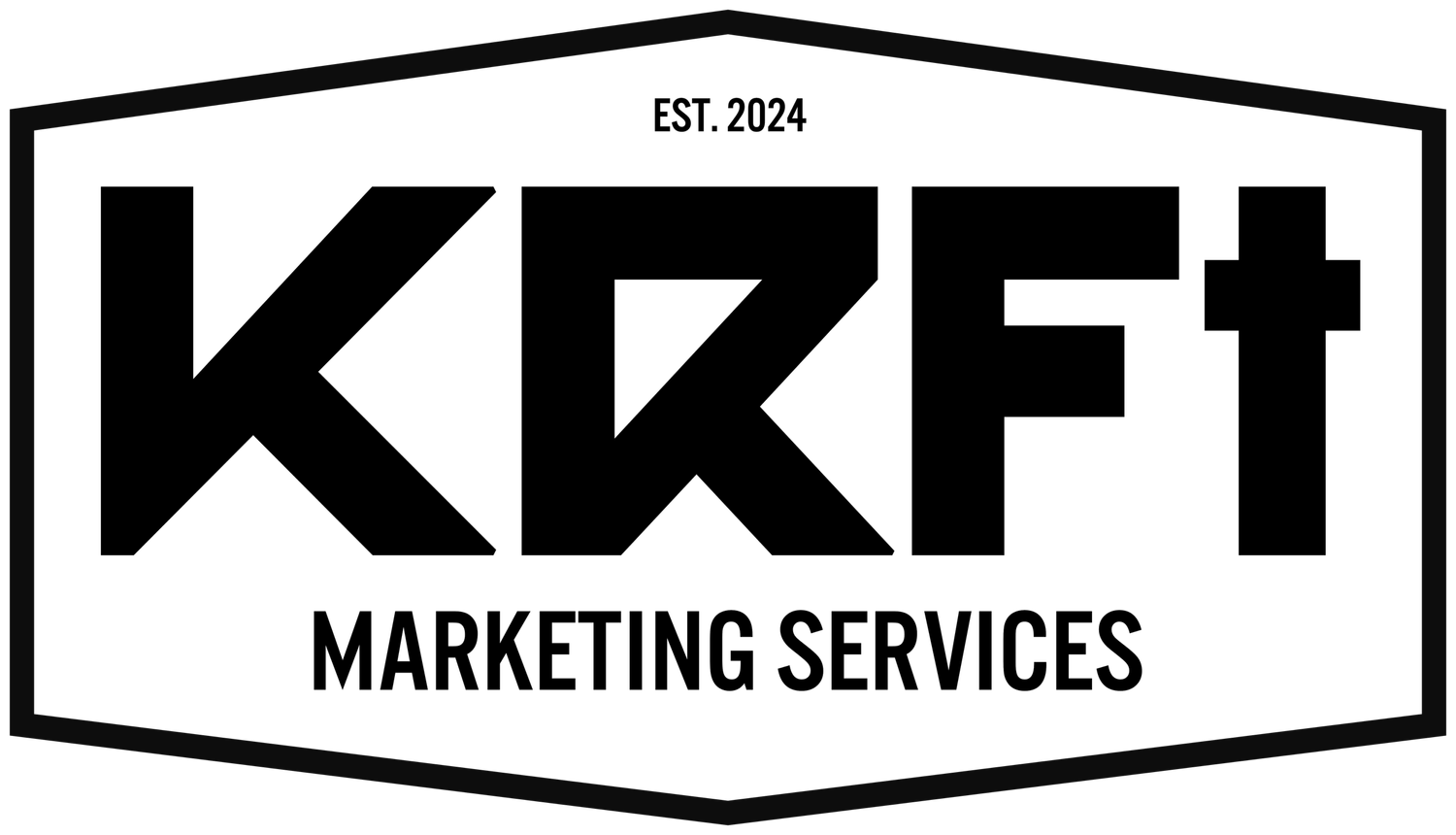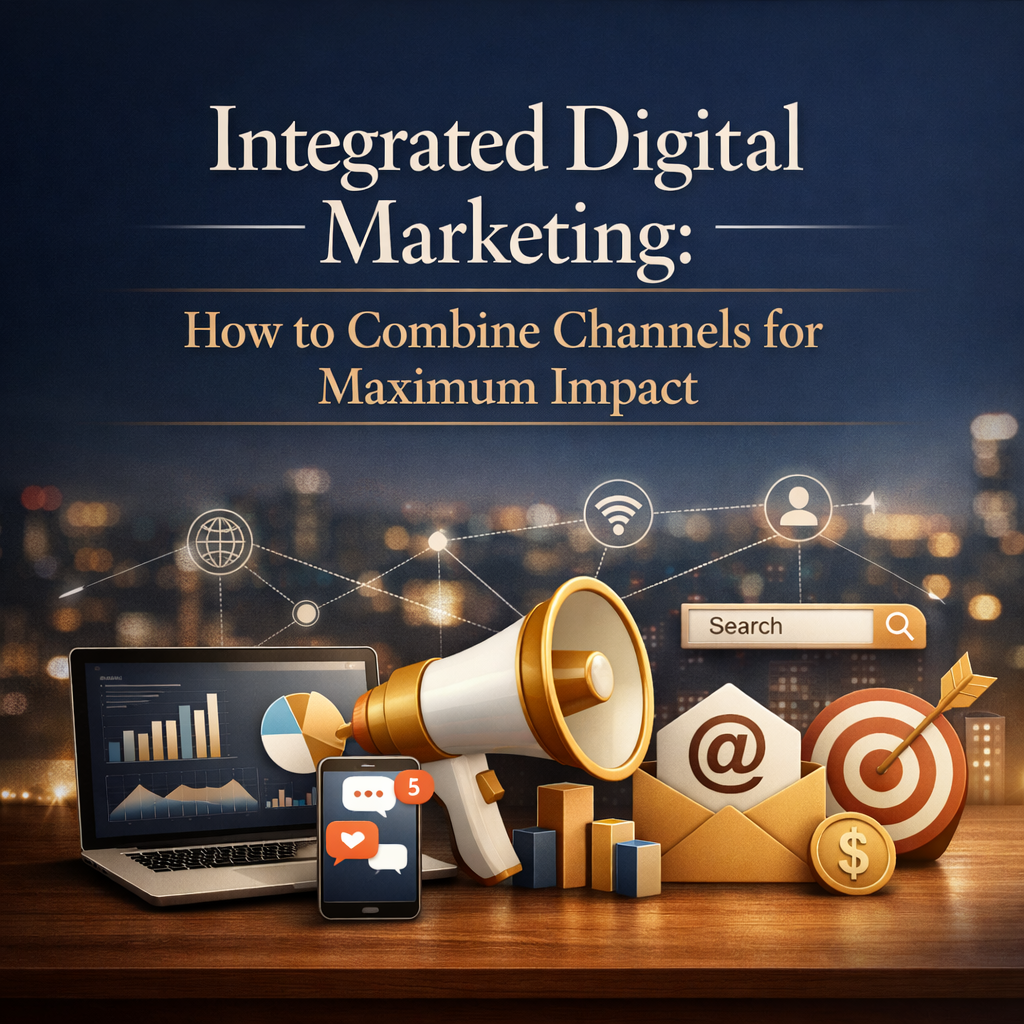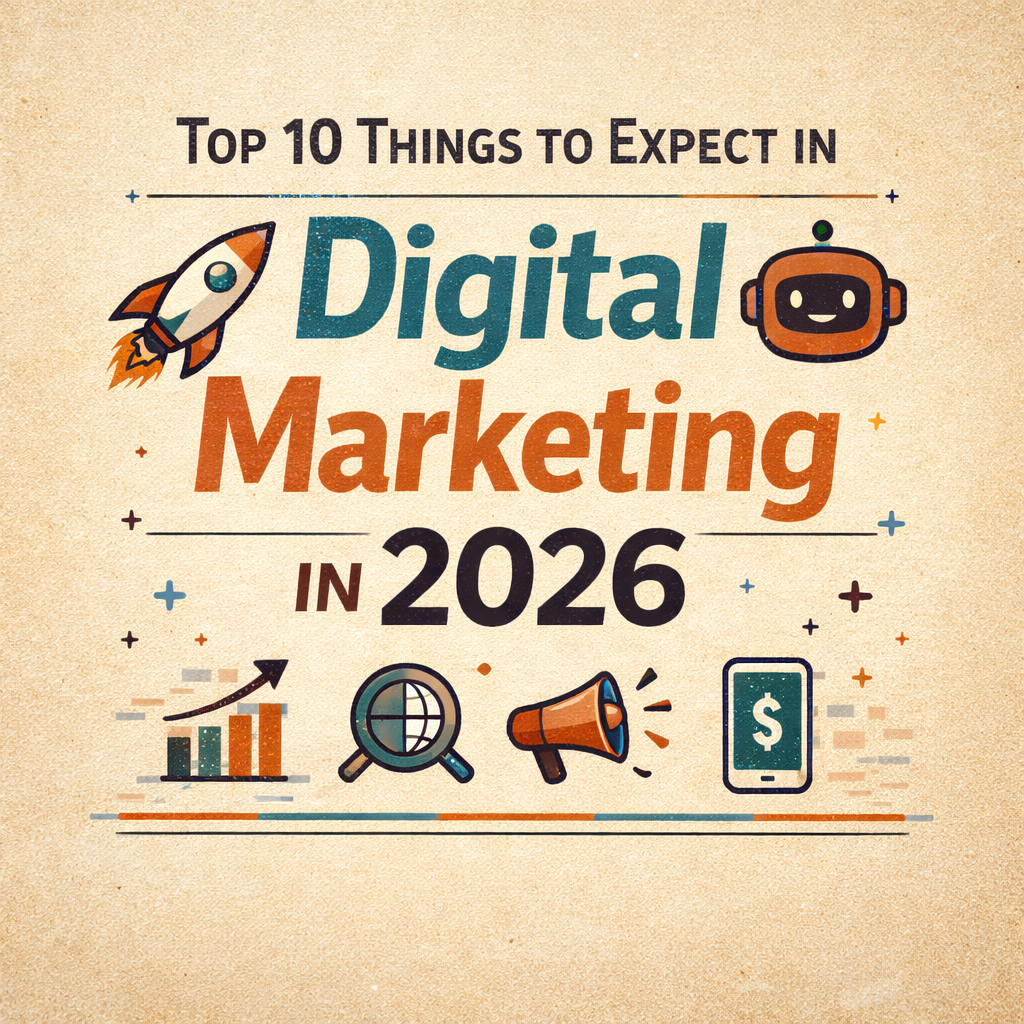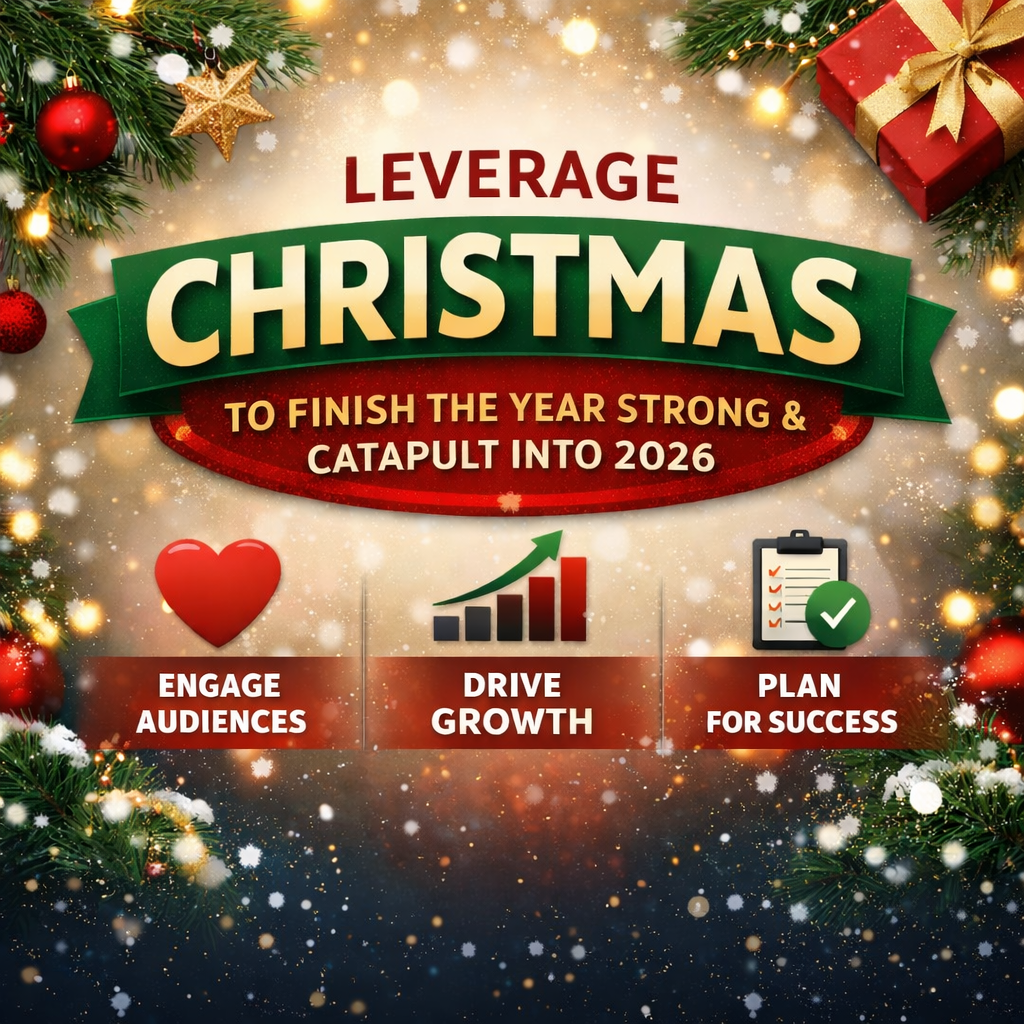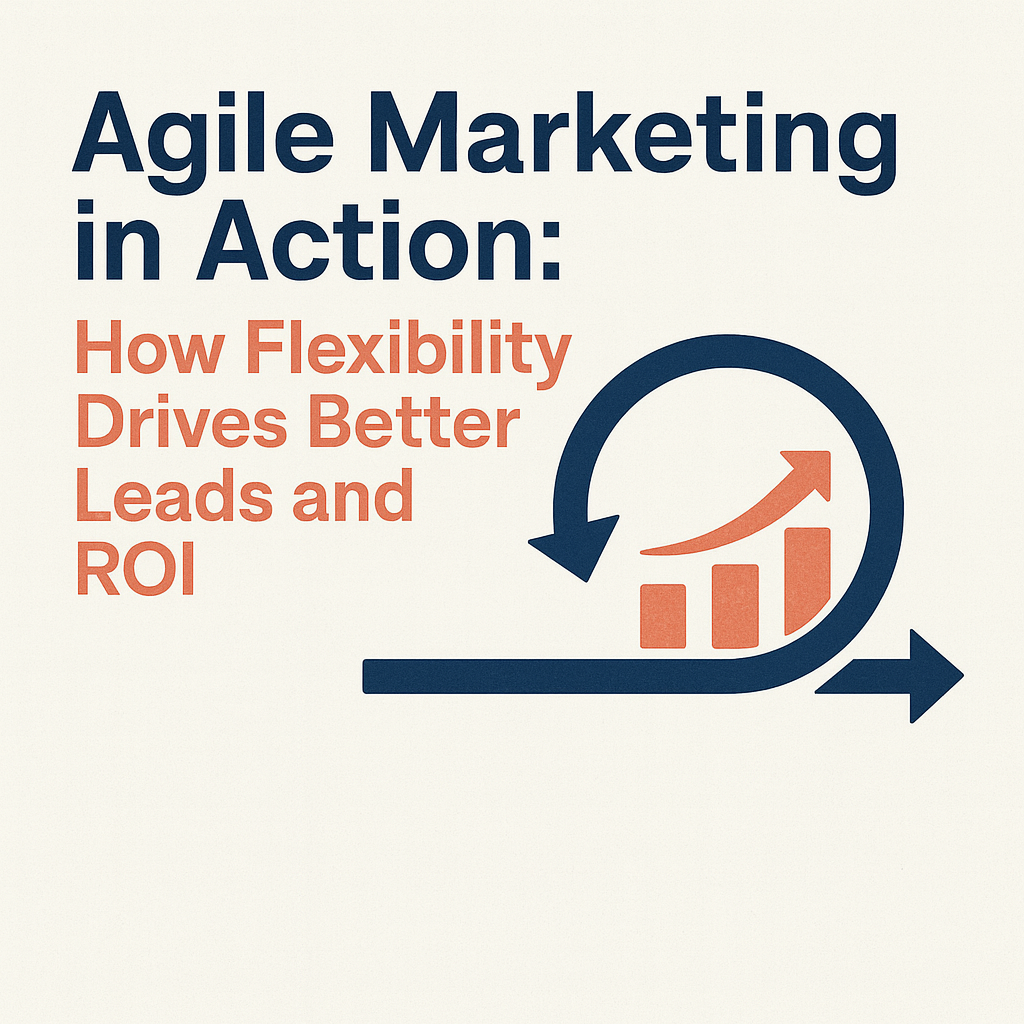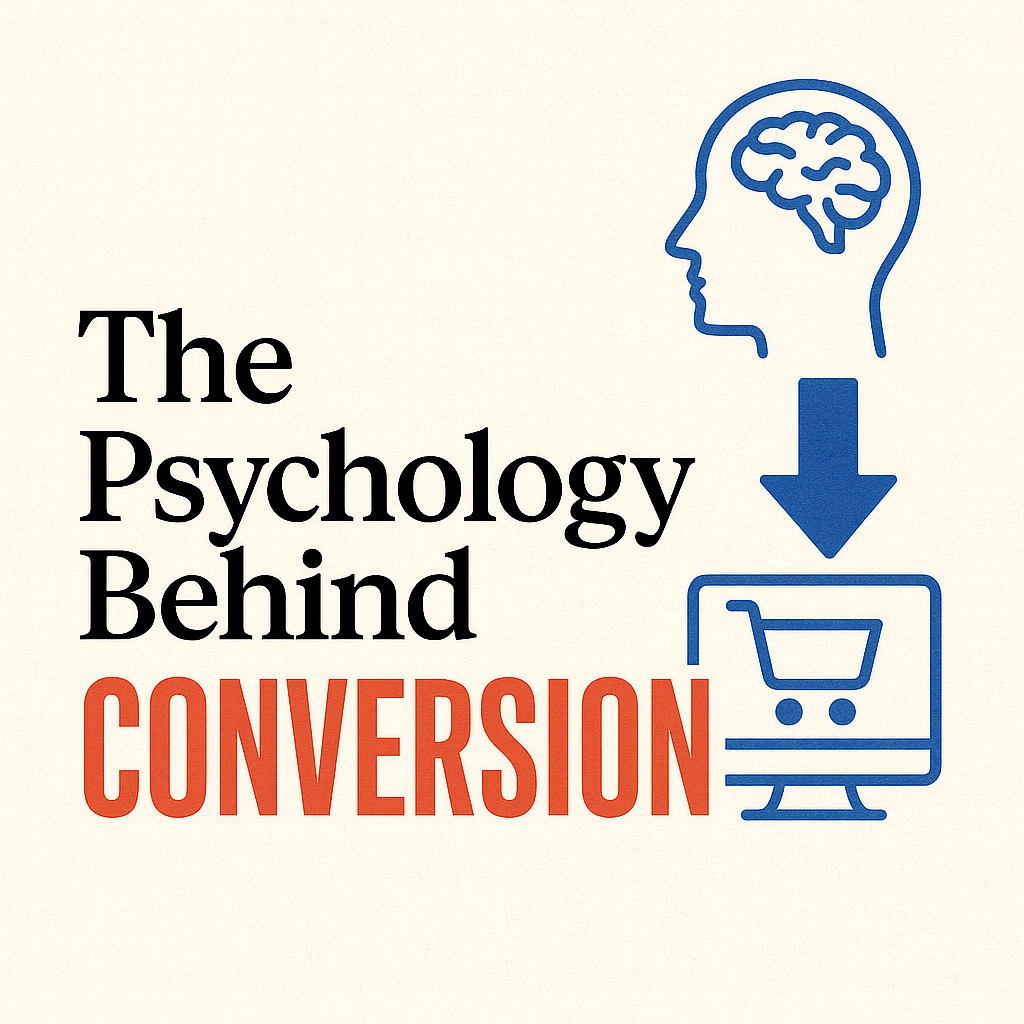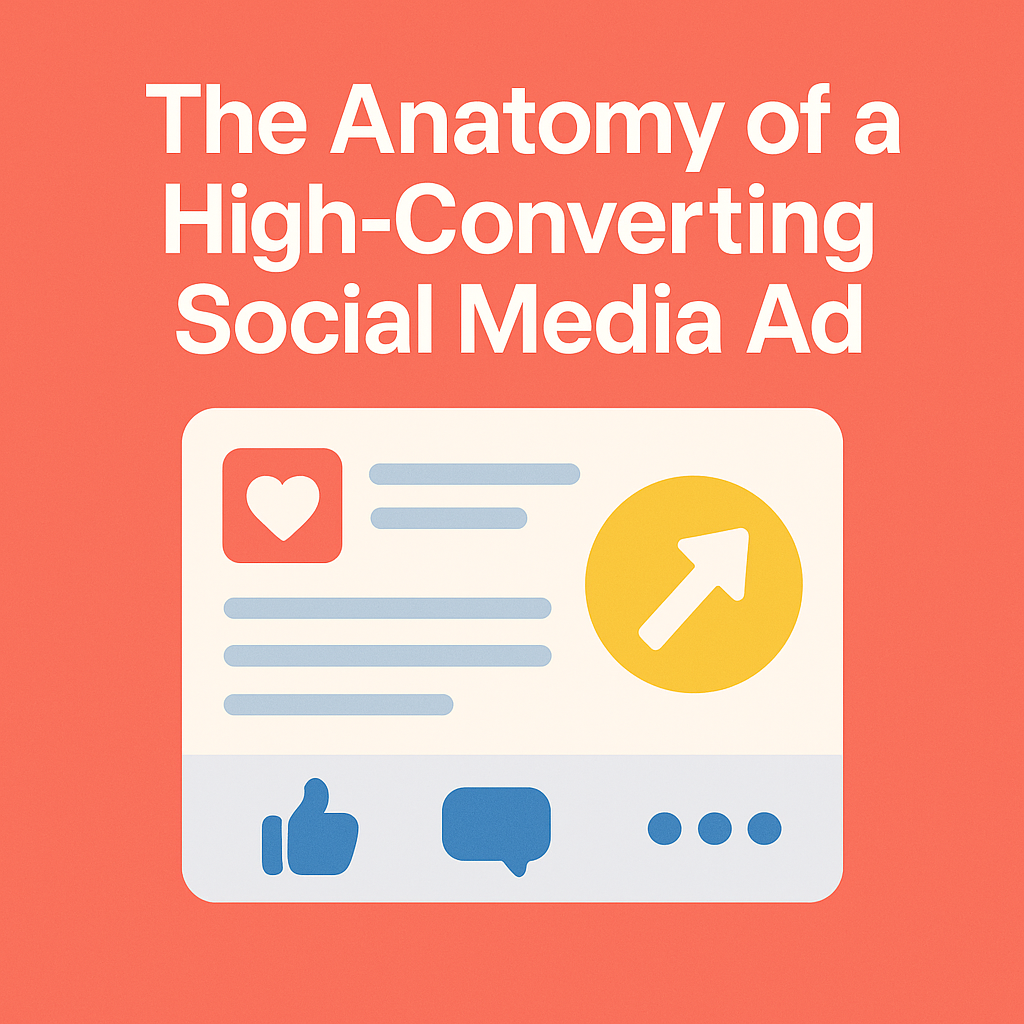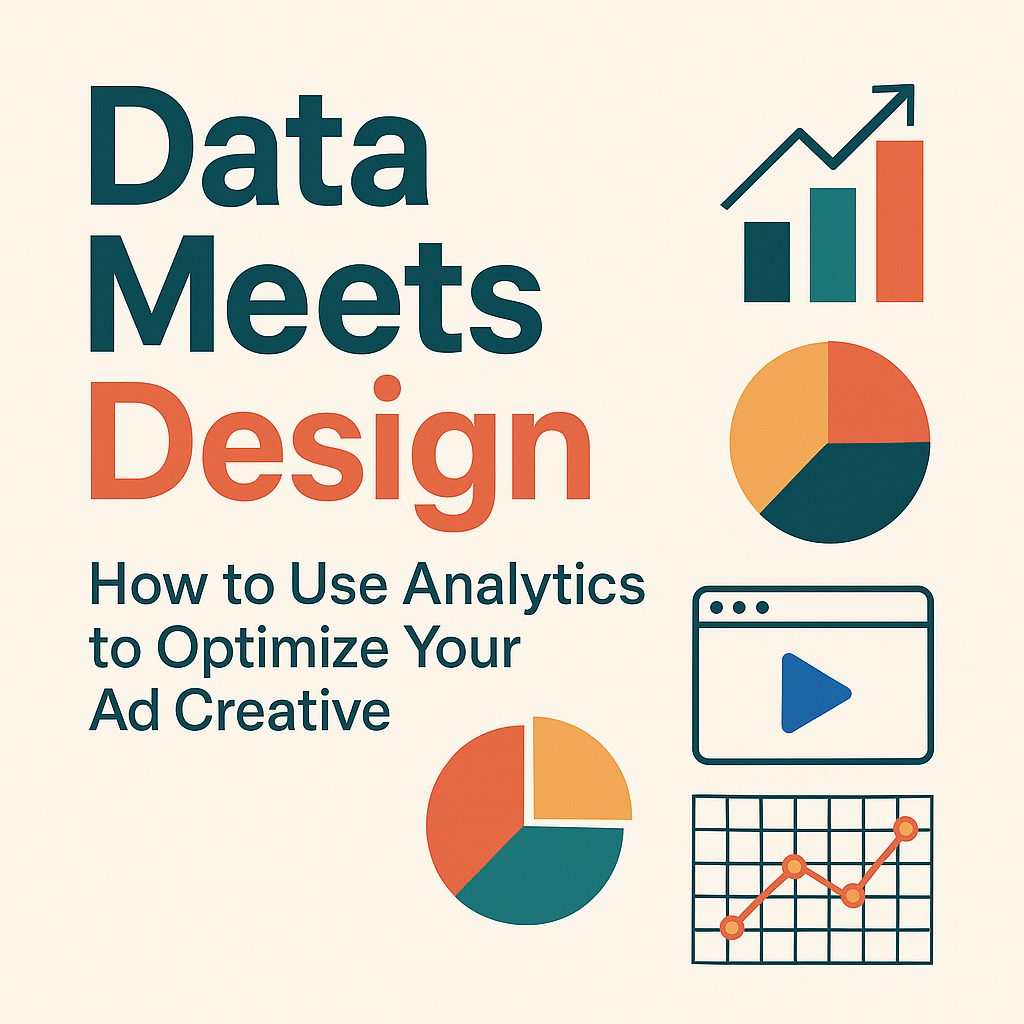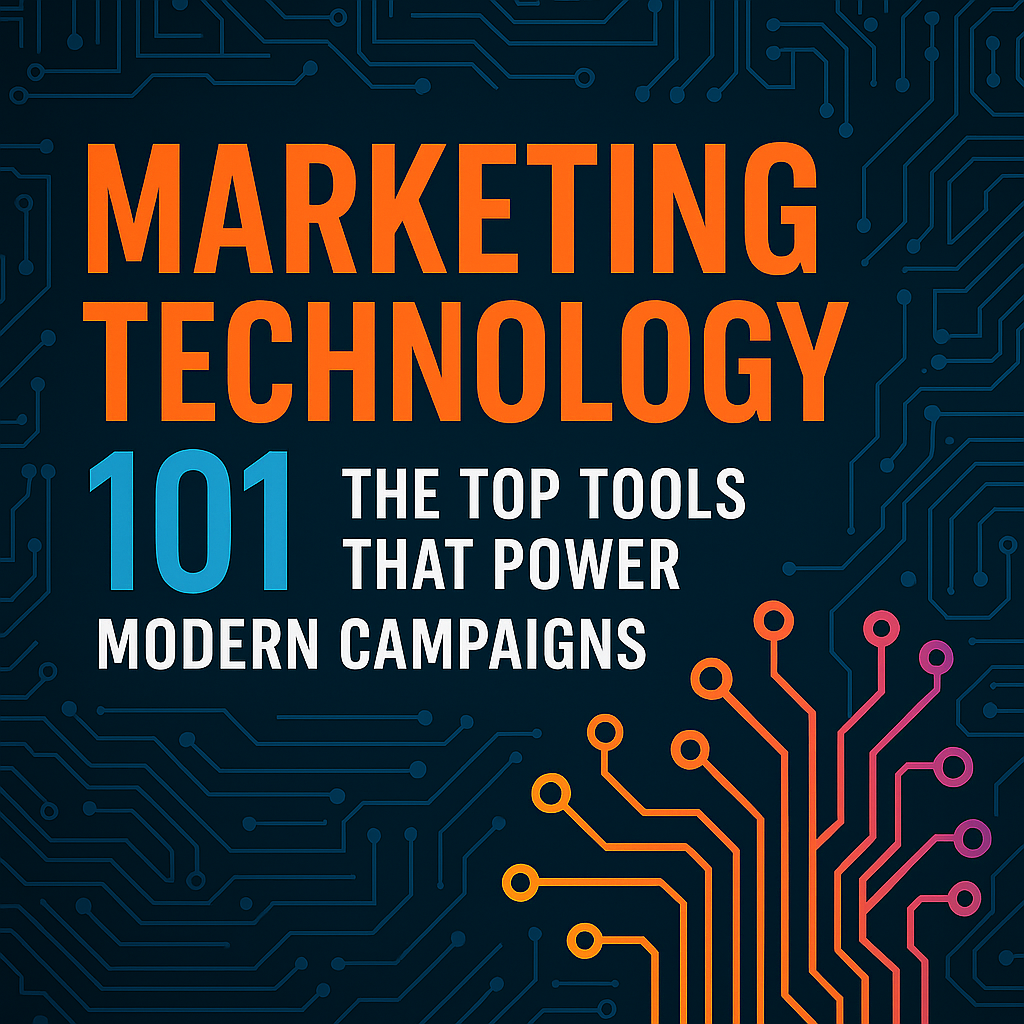Resources
Integrated Digital Marketing: How to Combine Channels for Maximum Impact
In today’s digital landscape, marketing success no longer comes from isolated efforts. Social media alone...
Top 10 Things to Expect in Digital Marketing in 2026
As we approach 2026, the digital marketing landscape is evolving faster than ever. Innovation isn’t...
How to Leverage Christmas to Finish the Year Strong—and Catapult Your Marketing into 2026
For many brands, December feels like a slowdown. Budgets tighten, decision-makers go quiet, and teams...
Agile Marketing in Action: How Flexibility Drives Better Leads and ROI
In today’s fast-moving digital landscape, marketing teams don’t just benefit from agility—they require it. Consumer...
The Psychology Behind Conversion: How to Influence Customer Decisions Online
Every click, scroll, and purchase decision your audience makes is rooted in psychology. Whether you're...
The Anatomy of a High-Converting Social Media Ad
A high-converting social media ad isn’t an accident—it’s architecture. It’s built with intention, structured with...
Data Meets Design: How to Use Analytics to Optimize Your Ad Creative
If creative is the spark, data is the oxygen. One ignites your marketing— the other...
Marketing Technology (MarTech) 101: The Top Tools That Power Modern Campaigns
In an era where attention is a shrinking commodity and competition scales faster than budgets...
